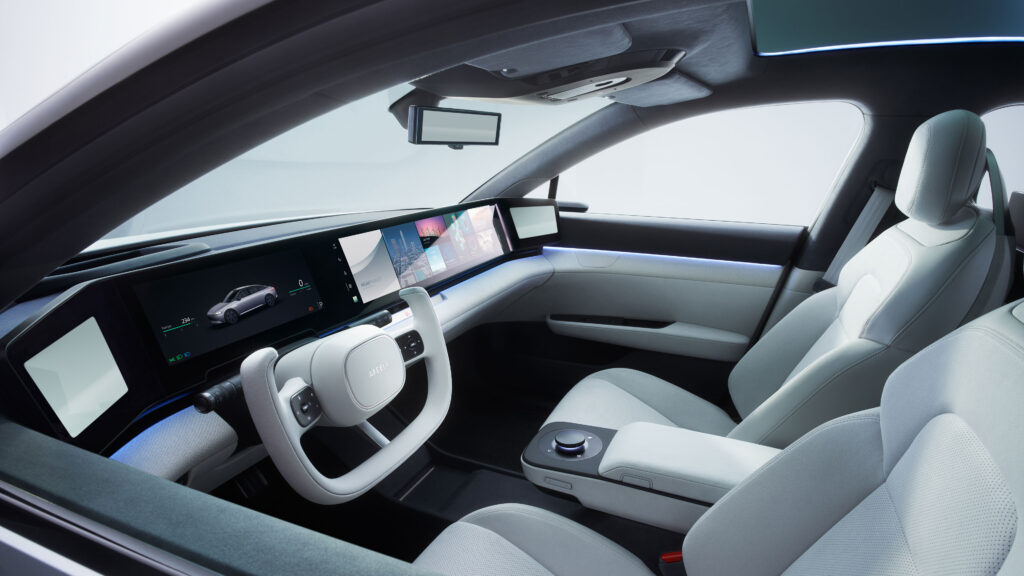

David and Angelo Ferro, my boss Campogrosso shelter, They followed different paths that led them to run one of the most popular places in Little Dolomites and in Alto Vicentino, which is popular not only among hikers but also among groups of friends and families.
David, a mountain enthusiast, companion and diligent traveler, before reaching the slopes of Sengio Alto, he left the plain past the mountains of the whole world: “I took my bag and went to Milan – tell David Microphones Radio Eco Vicentino – To explore the Central Alps, European parks, Iceland, Norway, Latin America and the Himalayas. I supported myself by serving as a mountain guide for a decade. “
In 2006, in the middle of a trek in the Corsican mountains, David received an interesting phone call: “They looked for me over and over on the phone because I had no signal – David said – and told me they were looking for a caretaker. Campogroso shelter.” Late in the fall of the same year, David opened the doors of the shelter: “Since the opening, we have seen a strong growth in passion for the mountains and an increase in the number of visitors. We need more and more support and more, as well as new ideas and different management methods.”
This is where Angelo comes in. He took a more academic path studying economics in the United States and then moved to India, London and Switzerland. Yet the mountains of his home remind him of his home country: “I wanted to implement what I learned – Angelou said – and apply my knowledge of sustainable finance studies at the company, in the shelter.”
Angelo helped grow the site starting with employee training: “The question is:“ What do we do at 1,500 meters above sea level? “We wanted to aim to integrate business practices that mate with the environmental sensitivity that comes from those who know the mountains,” said Angelo. We’ve expanded thanks to a series of collaborations with sustainable tableware and drink suppliers but also thanks to cultural research on mountains and collaborations like that with the Trento Science Museum. In terms of structure as well, we have chosen more challenging options such as using detergents and bio-detergents, changed the thermal power plant from diesel to pellets and installed a new insulation system to reduce consumption. ”
The idea of a refuge, a place of “hit-and-run”, has changed in recent years especially in popular areas such as Capogrosso: “The question is what I would suggest as a refuge – David said – both in terms of food and dishes but also from the point of view of culture, entertainment and training on how to experience the mountains. We don’t want to “displace” the mountain and turn it into a theme park, rather we want to keep it as it should be: a clean and special place.“.
The biggest challenge facing David and Angelo is tourism itself: “We have realized that as a place that is so loved, frequented, and increasingly popular, it is in danger of becoming a place of congestion at different times – David said – and we are working on several fronts to solve this. The problem. One of the solutions is to promote different tourism. “
“We need a responsible tourist but also a conscious mountaineer – David concluded – It sounds trivial but if you want to know the mountains you have to go live with the shepherds, with the locals. We work to bring the responsible tourist in contact with the conscious mountaineer, re-establishing this relationship for an understanding of the mountain’s dynamics. As a refuge, our role is to emphasize and define, for example, if we use a product from a local resource, or to organize an event with experts in botany and geology who inform the landscapes and put the tourist in touch with their surroundings. ”







